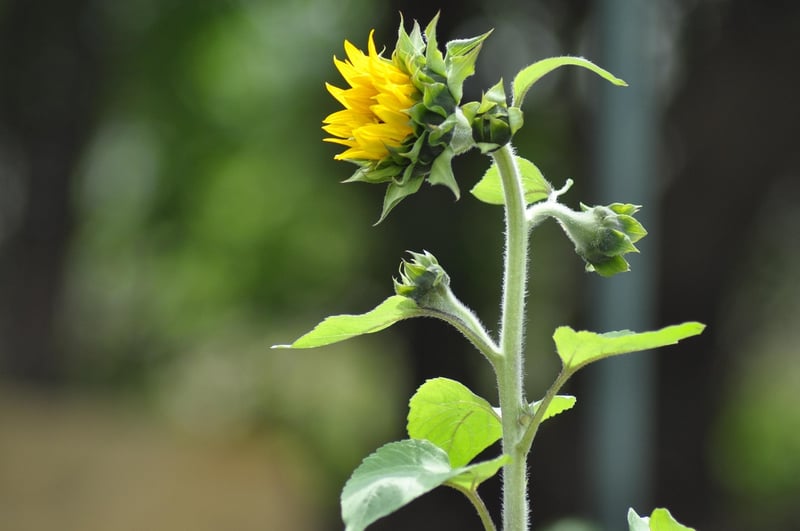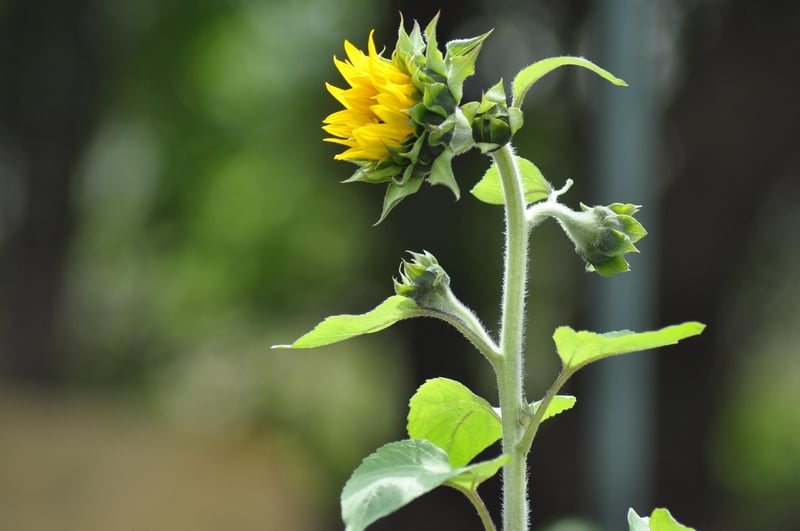Community Gardens
Maximizing Small Areas for Gardening and Community Gardens
Introduction
Gardening is a wonderful way to connect with nature and grow your own food. Even if you have limited space, there are creative ways to maximize small areas for gardening or take advantage of community gardens to enjoy the benefits of growing your own produce.
Maximizing Small Areas for Gardening
If you have a small outdoor space or even just a balcony, you can still create a thriving garden. Here are some tips to maximize small areas for gardening:
1. Vertical Gardening
Utilize vertical space by installing trellises, hanging planters, or wall-mounted containers. This technique not only saves space but also adds a visually appealing element to your garden.
2. Container Gardening
Use containers of various sizes to grow plants. You can plant herbs, vegetables, or flowers in pots, buckets, or even repurposed items like old tires or crates. Make sure the containers have proper drainage to avoid waterlogging.
3. Companion Planting
Opt for companion planting, where you grow different types of plants together to maximize space and provide mutual benefits. For example, planting tomatoes with basil can enhance the flavor of both plants and save space.
4. Utilize Windowsills
Windowsills are perfect for growing small herbs or compact plants. Ensure they receive enough sunlight and water regularly. You can also hang small pots from the windows for additional space.
Community Gardens
If you don't have access to a private outdoor space or want to engage with a larger gardening community, community gardens are a fantastic option. Here are the benefits of participating in community gardens:
1. Shared Resources
Community gardens provide shared tools, compost, and expertise, making gardening more accessible to everyone. You can learn from experienced gardeners and exchange tips and ideas.
2. Social Connection
Joining a community garden allows you to connect with like-minded individuals who share your passion for gardening. It fosters a sense of community and provides a space for social interaction.
3. Larger Growing Space
Community gardens offer larger growing spaces than individual plots, allowing you to grow a wider variety of plants and experiment with different gardening techniques.
4. Educational Opportunities
Many community gardens organize workshops, classes, and events to educate members about sustainable gardening practices, composting, and plant care. It's a great way to expand your gardening knowledge.
Conclusion
Whether you're maximizing a small area for gardening or participating in a community garden, there are plenty of opportunities to enjoy the benefits of growing your own food and connecting with nature. Get creative with your space and explore the joys of gardening today!


